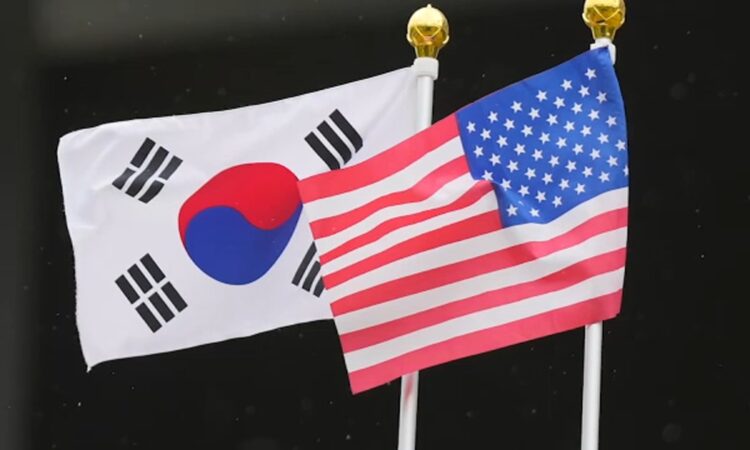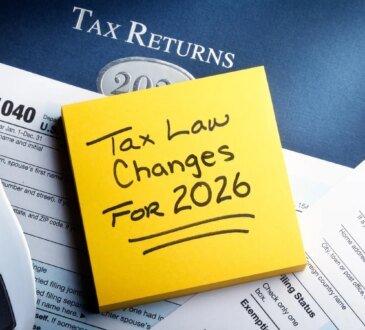How US Immigration, economic policies impacting South Korean investments in North Carolina

RALEIGH, N.C. (WTVD) — From North Carolina to South Korea, ABC11 is getting an inside look at some of the biggest issues facing one of our strongest allies in Asia. ABC11’s Tom George joins the Korea-U.S. Journalists Exchange in Seoul, exploring South Korea’s immigration, economic policies, and investments in North Carolina.
Known as a hub for the music, K-pop entertainment, and K-beauty industry as well as technology and cars, South Korea has quickly become one of the fastest growing economies in the whole world including tech investment across the U.S. and in North Carolina, but now in wake of concerns over tariffs and immigration that relationship could be changing.
In the hustle and bustle of Seoul this past September, concerns arose from overseas, particularly in the United States.
After ICE raided a Hyundai plant in Georgia, hundreds of workers who were there to help set up the battery plant were arrested over claims they had the wrong visas for the work they were doing. This sent shockwaves throughout South Korea.
“They were treated like criminals, they were shackled they were taken to the processing center therefore it was really shocking to South Korean people, the images is really hurting and I think what happened in Georgia will have a lasting impact on South Korean people,” Dr. Chung-in Moon told ABC11 Eyewitness News.
Moon is a distinguished professor at Yonsei University who served as a senior advisor to the former President of South Korea on foreign affairs. Dr. Moon also taught in the U.S., including at Duke University.
With North Carolina ranked among the top states for business, it attracts significant investment. South Korea contributed nearly $150 million in capital investment to North Carolina between 2014 and 2024, according to the Economic Development Partnership of North Carolina.
With 23 Korean companies already established and more on the horizon, local job opportunities are growing. The largest Korean industries expanding into our state include batteries, pharmaceuticals, and textiles.
Dr. Moon stated that even with tax incentives provided by states like North Carolina and Georgia for Korean businesses, the situation will remain unstable unless the federal government ensures an improved visa system to prevent incidents like those at the Hyundai plant.
“The state government in Georgia and North Carolina should cultivate a very good working relationship with federal government agencies, so they can prevent repetition of same problem,” he said. “Otherwise, it would be very difficult for South Korean or Japanese to make a huge investment in those states.”
He added that is also true for universities, especially in the Research Triangle, which draws many of the brightest South Korean students. These same students are now concerned about international student visas not being a safe guarantee either.
“A lot of South Koreans go to the leading universities in the United States, particularly Duke University, UNC-Chapel Hill, and NC State, those three universities are very much preferred by South Korean students,” Dr. Moon said. “But if there is a very vague chance of getting H1B visa, then they would try and find some other place like Australia, Canada, or European countries, they might not want to come to North Carolina.”
As for the raid, Hyundai CEO said it could delay other plants opening.
Just last month in Seoul, a protest banner near the embassy called on President Trump to apologize over the visa issue, while other signs highlighted the potential for cooperation between the two nations and raised questions from South Korean leaders about the future.
“We are all concerned, why such a huge transformation in the United States? And we cannot figure it out, and Americans should answer to our Korean questions,” Dr. Moon said.
Copyright © 2025 WTVD-TV. All Rights Reserved.




